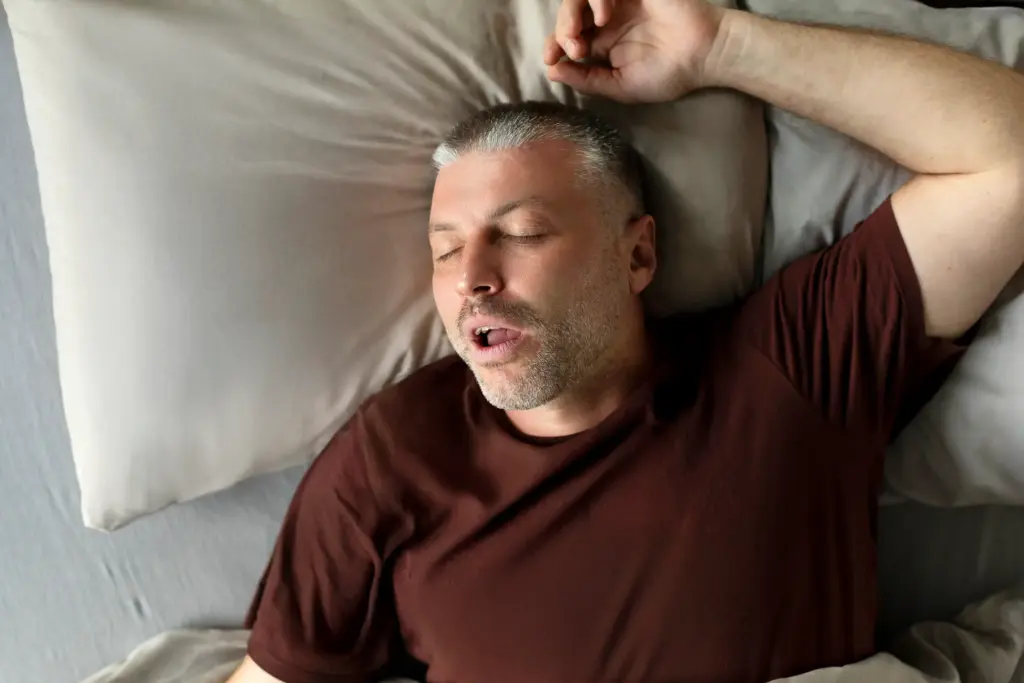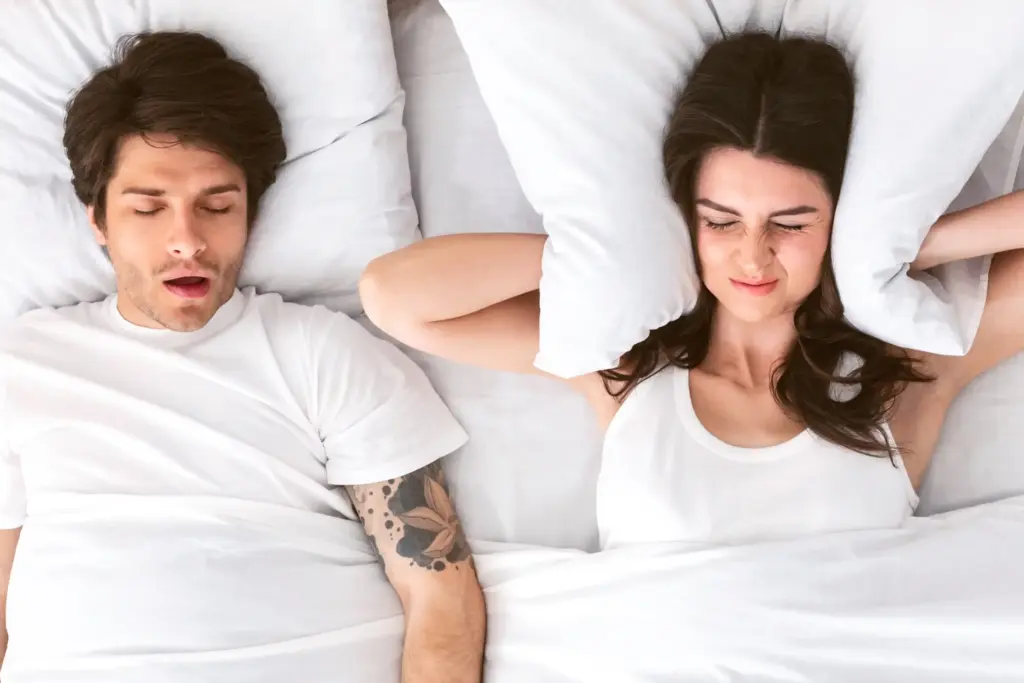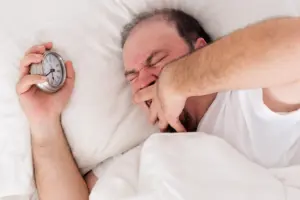
Sleep apnea causes: Sleep apnea isn’t just loud snoring or disturbed sleep; it’s a serious sleep disorder where breathing repeatedly stops and starts during the night. While it may seem harmless at first, every pause in breathing puts stress on your body. Over time, untreated sleep apnea can lead to high blood pressure, heart disease, and constant daytime fatigue that impacts your quality of life.
What is sleep apnea?
Sleep apnea happens when your body doesn’t get enough air while you’re asleep. This means your brain and body are deprived of the oxygen they need, disrupting your rest even if you don’t recall waking up during the night. Different types of sleep apnea include obstructive sleep apnea, central sleep apnea, and complex sleep apnea.
Also Read | Can’t sleep? 10 quick hacks to stop snoring tonight
Causes of sleep apnea
Being overweight or obese
One of the biggest risk factors for sleep apnea is extra body weight. When you are overweight, especially around the neck and upper body, it puts pressure on the airway. This can cause the throat to collapse during sleep and block airflow. Fat deposits around the throat can make it difficult to keep the airway open when the muscles relax during sleep.
Family history
Sleep apnea can run in families. If your parents, siblings or close relatives have it, you might be at a higher risk. You could inherit traits like a naturally narrow airway or large tonsils.
Nasal congestion
If you often breathe through your mouth at night or have chronic nasal congestion, your chances of getting sleep apnea can go up. Allergies or sinus problems can block your nose, making it challenging for you to breathe through it.
Sleeping on your back
Yes, even the way you sleep can influence sleep apnea. Lying on your back allows gravity to pull your tongue and soft palate downward, narrowing or blocking the airway. This effect is stronger in people already at risk of sleep apnea, making symptoms worse during the night.

Smoking and alcohol use
Both smoking and alcohol can increase the risk of sleep apnea. Alcohol relaxes throat muscles, increasing the chance of airway closure during sleep. Smoking can irritate and inflame the airway, leading to swelling and blockage. Cutting back on alcohol, especially before bedtime, and quitting smoking can truly make a big difference.
Enlarged tonsils or tongue
In children, sleep apnea is often linked to enlarged tonsils, which can block the airway during sleep. In adults, causes may include a large tongue, excess soft tissue in the throat, or naturally crowded airways where there isn’t enough space for smooth airflow. When these tissues relax at night, they may fall back and obstruct breathing.
Also Read | Should you skip sleep for a workout? The health trade-off explained
The key point is that sleep apnea can creep up silently. What might look like simple snoring or daytime tiredness can actually be a serious medical condition with real health risks. The positive side is that once you understand the causes, you can take steps to address them.








